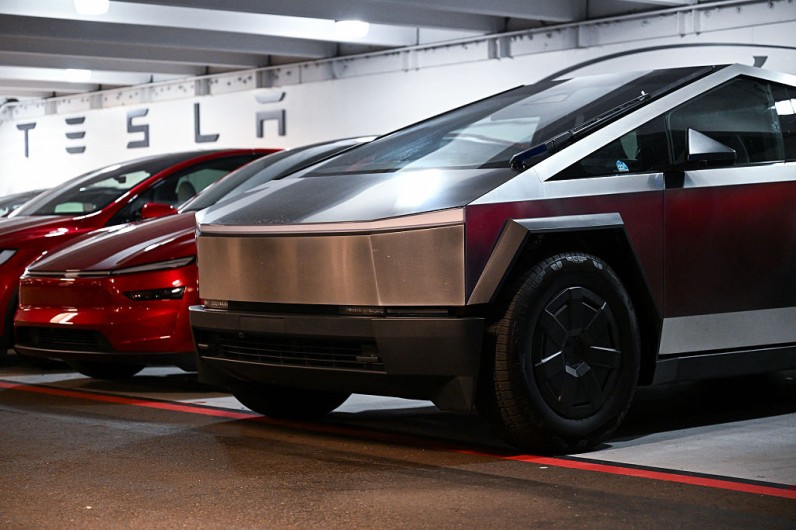
The electric vehicle (EV) industry is facing big changes as new tariffs threaten to raise prices and slow production.
President Trump's tariffs on imported cars and auto parts could make it harder for electric cars to grow in popularity, even though they are important for fighting climate change.
However, some carmakers like Tesla and Volkswagen may come out ahead. Tesla's Model Y and Volkswagen's ID.4 are built mostly in the United States, meaning they could avoid some of the worst effects of the tariffs. Fewer imported parts mean lower costs compared to other brands.
Tariffs are anticipated to increase the cost of batteries and other essential components. Many materials used in battery production, such as graphite, are sourced from China, which may now be subject to significant tariffs, NY Times said.
While the US is working on making its own battery materials, it will take years before American companies can replace Chinese suppliers.
Luckily, electric cars have fewer parts than gasoline cars, making it a little easier for companies to adjust.
Robert Lee, president of LG Energy Solution North America, said, "The capacity is there, and now we're just managing the ramp-up to meet the market size." LG runs several battery factories in the US and plans to open more soon.
Tesla and Volkswagen May Have a Leg Up As Tariffs Raise EV Prices
— Breaking News (@FastNews77) April 27, 2025
Electric vehicles will get even more expensive, but prices for Teslas and some other models may not rise as much as prices for some conventional cars.#business #finance #financenews #businessnews #news pic.twitter.com/Rv8T2SZJaM
Tesla and VW Could Win Big Amid EV Tariff Changes
Tesla could have an advantage, as all of its vehicles sold in the United States are manufactured in California or Texas. Last year, the Model Y was recognized as the most American-made vehicle.
Elon Musk said, "We do have localized supply chains in both America, Europe and China," giving Tesla a strong position compared to other brands.
According to EconomicTimes, Volkswagen's ID.4 could also benefit. It's built in Tennessee with batteries from Georgia. Kjell Gruner, Volkswagen Group of America president, said, "You need to look at your entire value chain," when planning for the future under changing trade rules.
Still, the tariffs could hurt everyone. If carmakers face big costs, they might focus on making gasoline vehicles instead of electric ones.
John Bozzella, president of the Alliance for Automotive Innovation, said, "It's hard to figure out how you net out the massive costs potentially associated with tariffs with the need to continue to invest in the future."
Electric vehicles may also suffer more because they need lots of semiconductors and rare earth minerals, both of which could become more expensive due to new restrictions.
Neha Mukherjee from Benchmark Mineral Intelligence warned that while markets have stockpiles for now, "If the restrictions continue, we'll see prices ticking higher."







Join the Conversation